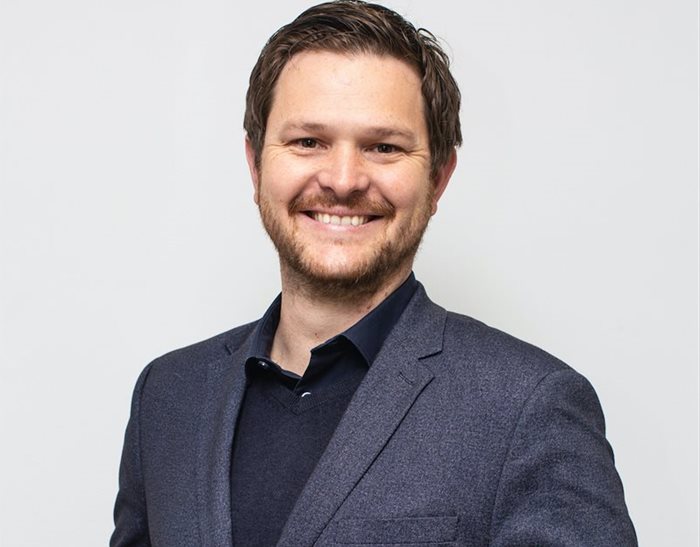
Top stories



Marketing & MediaBehind the campaign: Reframing fairness in ride-hailing: The inDrive success story
inDrive 5 hours



More news



















Trialogue’s 2021 research reports that the total estimated CSI expenditure in 2021 was R10.3 billion - a 4% decrease from the R10.7bn in 2020. The last annual CSI expenditure estimate before the pandemic, according to the organisation, was at R10.2bn in 2019 , which represented a five percent increase from the R9.7 billion estimated spend in 2018. Statistically, based on this trend, CSI spend was increasing annually before the pandemic.
But the impact of the pandemic has been devastating. As many as 25% of all South African organisations have been forced to close their doors during the last year or so, according to nonprofit trust, Inyathelo - which describes the situation as a “crisis”.
What is encouraging is that the collaboration has shifted from merely being a survival tactic to becoming a critical element to ensure sustainability and inclusiveness in the social impact space.
There are countless benefits for nonprofits to collaborate with other entities, such as horizontal learning opportunities, capacity building, resource sharing, avoiding duplication of efforts, solving challenges in a more holistic way, and of course saving money.
At the end of 2020, like-minded social impact leaders shared a vision to collaborate in a more practical way, and launched Vuka - a social impact co-working space in Paarl in the Western Cape.
The space is currently shared between Valcare (social investment managers), Inceba Trust (Early Childhood Development organisation), Labit (a social entrepreneurship incubator), and Fleet (a local community-minded coffee brand), with more nonprofits booking the hot desks, boardroom and working spaces on demand.
These organisations save a combined total of well over R300,000 per year by sharing the office space and other expenses like printers, internet access, coffee, a cleaner and a receptionist, which further demonstrates the power of collaboration in the social impact space.
Many community projects require significant funding and there aren’t many CSI budgets that can allocate millions to a single capex project.
However, through the pooling of funds, which is the collaborative process of sourcing funds from many individual investors and directing them towards a common investment, there seems to be mutual benefit.
By way of example, Valcare recently assisted with the building of a new facility for the Good Hope Day Care Centre for special needs children in Mbekweni in the Western Cape. A total of eight funders joined forces to contribute more than R1.1m needed to make the dream a reality.
Today, more than 20 vulnerable children with special needs have the opportunity to reach their full potential thanks to the contributions (big and small) of literally hundreds of people.
To empower nonprofit organisations to be as effective as possible, Valcare facilitates a membership network with more than 250 organisations in the Cape Winelands.
To enhance the collaboration amongst nonprofit organisations with similar goals, Valcare created platforms for small groups to gather around specific social impact themes, like Child Protection, Ethics, Food and Nutrition, Women Empowerment, Job Readiness and Skills Development, Sport and Recreation, as well as Education Support.
This collaborative effort is necessary, particularly when it comes to supporting the wellbeing of learners during a pandemic, as 45 percent of them receive their main meal at school feeding programmes, for example.
Multiple stories of change have come out of these initiatives since they were initiated.
It is important to recognise that there is no way that we can make a sustainable social impact in South Africa if we continue in our own separate lanes, trying to make a difference in our own way.
There has never been a more pressing time to break down the walls of ownership, protectiveness and entitlement - and join forces to create holistic change together.
We have not grown tired of hearing the old African proverb: “If you want to go fast, go alone; but if you want to go far, go together”, and it’s for good reason - the statement is unequivocally true and the only way forward for the social impact space to survive.